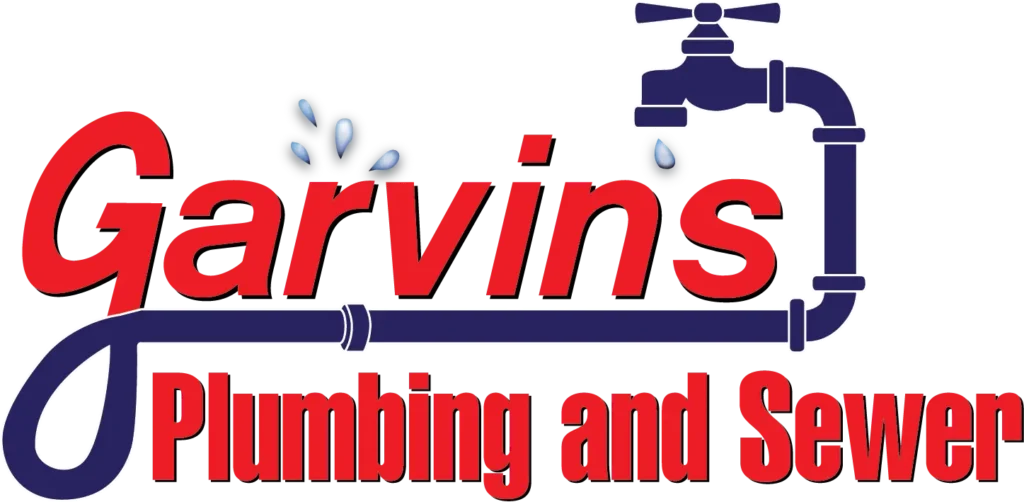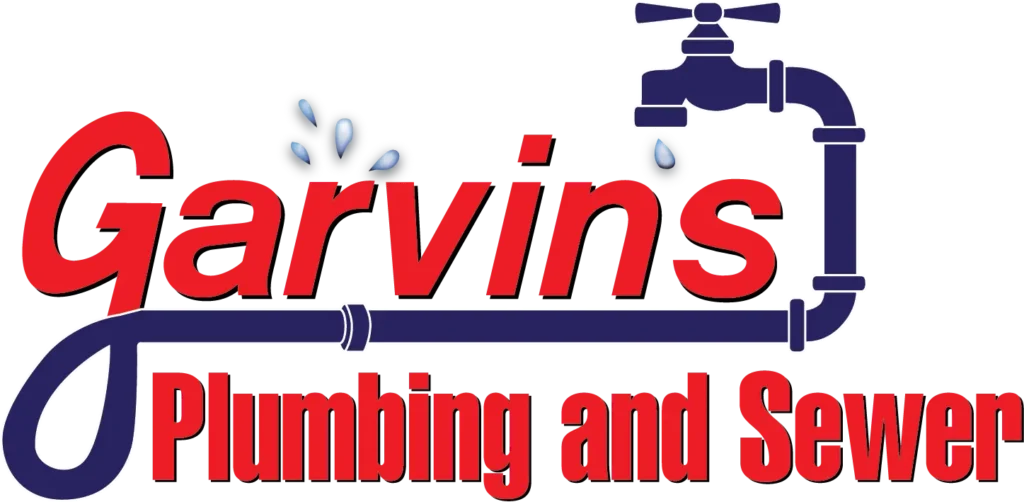There’s a lot of confusion out there when it comes to what exactly you can flush down the toilet. Take feminine products, for example: some products will say on the package that they are flushable, but take it from us – it’s best not to flush them down the toilet. Let’s take a closer look and find out why.
Feminine Products: Made to Absorb Moisture
Sanitary pads and tampons are designed to absorb moisture. If you flush them, they’ll end up absorbing water and expanding in size – in fact, tampons can expand to about 10 times their original size as they absorb water. The water-logged pads and tampons may end up clogging your toilet, causing it to overflow. Even if they manage to make it past the toilet, they may end up causing a blockage elsewhere in the plumbing system.
If you have an older sewer system, it’s possible that you have tree roots infiltrating your sewer pipes. Flushed tampons and sanitary pads can get caught in the roots, creating blockages in your pipes and leading to a sewer backup. Gross!
Feminine Products: Not Biodegradable
One myth that prevails is that tampons are biodegradable and will simply break down after you flush them. This is false; unlike toilet paper, which does disintegrate, the cotton and/or rayon material used in tampons won’t break down, and will instead remain in a solid lump. Flush multiple tampons down the toilet, and you could have a major plumbing blockage on your hands!
Sewage Treatment Plant Problems
If the sanitary pads or tampons make it past your plumbing and sewer lines, there’s still the issue of the sewage treatment plant, where they may affect the pumping station or clog the filters. Generally sewage treatment plants break down items in the wastewater with strong chemicals; these chemicals can have adverse effects on the plant employees. Public wastewater treatment costs the U.S. billions of dollars each year; this cost could be reduced in part by not flushing feminine products down the toilet.
Septic Tank Issues
If you have a septic tank, feminine products can sit in the tank and take up space, causing the liquid levels to rise as a result. Human waste may end up blocking the distribution pipes, and you could experience a sewage back-up. If you see sewage or wastewater collecting around the tank, you’ve got a blockage somewhere in your system!
What About “Flushable” Personal Wipes?
We’ve seen them at the store – those personal wipes next to the toilet paper that promise to get you extra clean. They are also supposedly flushable, but it’s best not to take the chance. While they don’t absorb water like sanitary pads and tampons do, they don’t break down like toilet paper, and clogs in your pipes are a possibility, especially if you use them often.
What Can I Flush?
Here’s what you can flush down your toilet: human waste and toilet paper. That’s it. Flushing anything else – including feminine products or so-called “flushable” wipes – puts you at risk for clogs in your plumbing system. Avoid plumbing problems and throw these products in the wastebasket!
If you’re experiencing sewer line backups or overflowing toilets as a result of clogs caused by feminine products or other items, contact us – we’re sewer line experts, and can fix the problem fast. We can handle other plumbing repairs, as well, and we offer preventative maintenance to prevent sewer line backups. If you’re in the greater Denver area and are in need of a plumber, call us!





